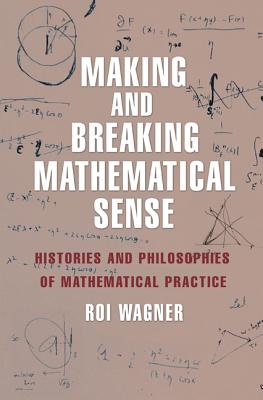Expedite your nonfiction book discovery process with Readara interviews, summaries and recommendations, Broaden your knowledge and gain insights from leading experts and scholars
In-depth, hour-long interviews with notable nonfiction authors, Gain new perspectives and ideas from the writer’s expertise and research, Valuable resource for readers and researchers
Optimize your book discovery process, Four-to eight-page summaries prepared by subject matter experts, Quickly review the book’s central messages and range of content
Books are handpicked covering a wide range of important categories and topics, Selected authors are subject experts, field professionals, or distinguished academics
Our editorial team includes books offering insights, unique views and researched-narratives in categories, Trade shows and book fairs, Book signings and in person author talks,Webinars and online events
Connect with editors and designers,Discover PR & marketing services providers, Source printers and related service providers

Making and Breaking Mathematical Sense: Histories and Philosophies of Mathematical Practice
Mathematics > History & Philosophy
- Princeton University Press
- Hardcover
- 9780691171715
- 9.3 X 6.1 X 1.1 inches
- 1.35 pounds
- Mathematics > History & Philosophy
- (Single Author) Asian American
- English
Readara.com
Book Description
In line with the emerging field of philosophy of mathematical practice, this book pushes the philosophy of mathematics away from questions about the reality and truth of mathematical entities and statements and toward a focus on what mathematicians actually do--and how that evolves and changes over time. How do new mathematical entities come to be? What internal, natural, cognitive, and social constraints shape mathematical cultures? How do mathematical signs form and reform their meanings? How can we model the cognitive processes at play in mathematical evolution? And how does mathematics tie together ideas, reality, and applications?
Roi Wagner uniquely combines philosophical, historical, and cognitive studies to paint a fully rounded image of mathematics not as an absolute ideal but as a human endeavor that takes shape in specific social and institutional contexts. The book builds on ancient, medieval, and modern case studies to confront philosophical reconstructions and cutting-edge cognitive theories. It focuses on the contingent semiotic and interpretive dimensions of mathematical practice, rather than on mathematics' claim to universal or fundamental truths, in order to explore not only what mathematics is, but also what it could be. Along the way, Wagner challenges conventional views that mathematical signs represent fixed, ideal entities; that mathematical cognition is a rigid transfer of inferences between formal domains; and that mathematics' exceptional consensus is due to the subject's underlying reality.
The result is a revisionist account of mathematical philosophy that will interest mathematicians, philosophers, and historians of science alike.
Author Bio
Professor Roi Wagner teaches in department of humanities, social and political science at the ETH Zurich, Switzerland.
Previously Professor Wagner was a research fellow at the Minerva Humanities Center at Tel Aviv University, where he earned PhDs in both mathematics and the history and philosophy of science.
He is the author of S(Zp,Zp): Post-Structural Readings of Gödel's Proof and a coeditor of Sourcebook in the Mathematics of Medieval Europe and North Africa published by Princeton University Press.
Source: Princeton University Press and Eidgenössische Technische Hochschule Zürich
Videos
No Videos
Community reviews
No Community reviews

